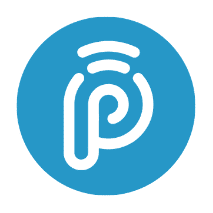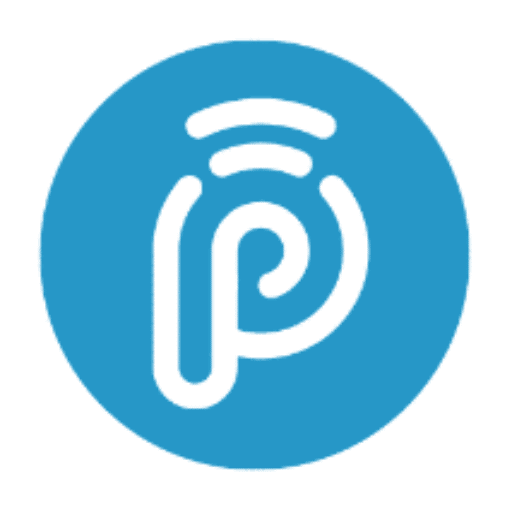6 Brilliant Quotes to Inspire Awesome Communication with Your Customers
It’s been said that 85 percent of our success in life is directly linked to our skills in communication. That is a huge number. And it’s definitely a stat you should note if you own a business; customer communication plays a major role in your success.
\We all know communication goes beyond talking, but what does it take to actually create stronger and clearer connections with your customers?
I’m going to let some of the most famous writers, thinkers and celebs explain. Here are six quotes that will inspire awesome communication that creates loyalty, clarity and friendship.
Drop the Jargon
“Don’t use words too big for the subject. Don’t say infinitely when you mean very; otherwise you’ll have no word left when you want to talk about something really infinite.” C.S. Lewis
We’ve all been there: you’re having a conversation with someone who’s using terms you’ve never heard before. You probably felt confused, maybe a little embarrassed and too ashamed to ask the person what they were talking about. Not a good feeling.
Jargon is one of the greatest customer communication barriers; it’s alienating and creates a one-sided conversation. On top of that, it has the potential to evoke a fight-or-flight response. And we know that’s not your aim.
Before sending your customers any type of communication, ask yourself these questions:
- Did I use any language (acronyms, industry-specific terms, etc.) that could be misunderstood by my customers?
- Can anything be rewritten with more clarity?
- Would it make sense to someone from another planet?
Removing the jargon ensures you are communicating clearly at a level your audience understands. Never assume your customers know what you’re talking about.
Speaking of assumptions…
Assumptions are Communication Poison
“Assumptions are the termites of relationships.” Henry Winkler
The human brain loves to categorize things–it’s how we make sense of our world on a daily basis. This has a lot to do with why we are so quick to make assumptions. Our brains need to understand why people say what they say by filling in the blanks.
The breakdown happens when our assumptions are flat wrong; it’s dangerous to believe you know everything about your customer and vice versa.
When you communicate with your customers, do so as clearly as possible with an open mind (and open ears). Listening is one of the greatest tools to combat assumptions.
Be Fiercely Trustworthy
“When the trust account is high, communication is easy, instant, and effective.” Stephen R. Covey, The 7 Habits of Highly Effective People: Powerful Lessons in Personal Change
I took my first car–a 1980 Plymouth Volare–to a shop by myself for an oil change when I was 17.
The attendant listed off repairs that he claimed would make my car run better. Without calling my folks, I decided to trust him. One large credit card charge, one angry mom and tons of tears later, I learned what it felt like for someone to abuse my trust.
When your customers trust your word, everyone benefits. They feel appreciated as the smart humans they are, and you are rewarded with return customers plus lots of referrals.
Let Your Customers Do the Talking
“Constantly talking isn’t necessarily communicating.” Charlie Kaufman
Communication goes beyond talking; listening is actually one of the greatest components to effective communication.
Recall a time when you were talking and the other person wasn’t listening. Did you feel annoyed? Frustrated? Unimportant? When the person we’re talking to isn’t actively listening, communication becomes muddled.
How can you start actively listening to your customers? Below are a few simple tips from Nancy Foster, a mediator and communications specialist.
Non-Verbal Cues
- Lean in toward the speaker;
- Make eye contact. This makes the speaker feel attended to;
- Avoid fidgeting and closed body language (arms crossed, back turned, etc.).
Verbal Cues
- Offer an open invitation to speak;
- Use one or two words to encourage the speaker to keep talking;
- Use open-ended questions;
- Know when to be quiet.
Show Your Appreciation
“To send a letter is a good way to go somewhere without moving anything but your heart.” Phyllis Theroux
I love ordering items from Etsy. Why? Because each delivery comes with a handwritten thank you note from the seller.
In case you’ve never heard of it, Etsy is a marketplace that focuses on handmade and vintage goods that are one-of-a-kind.
A thank you note does a couple of awesome things: it give you (the owner) a case of the feel-goods; it makes the customer feel ultra-appreciated because the gesture is unexpected and delightful; it creates a sense of reciprocity in your customers.
Want to learn more about customer reciprocity and how to write a mind-blowing thank you note? Check out this post from Shoplo!
Be an Advocate (and Friend) for Your Customers
“It is the encounters with people that make life worth living.” Guy de Maupassant
Your customers are the people who make your business tick. Without them, you’d be shuttering the windows and trying to sell of unused inventory. Advocating for your customers tightens the ties to create an unbreakable human connection.
When you’re advocating for (and befriending) your customers, you’re using pro-active communication tailored to their needs. You’re getting more personal. You’re opening up about your life outside of your business.
Don’t be afraid to open yourself up to your customers; you never know what sort of connections you’ll make.
Customer communication is one of the most important parts of your business. When done effectively, it will create greater loyalty and drive more business than you could ever imagine. Done poorly, your business will lose customers like drops from a leaky bucket.
Take the time to assess the way you’re communicating with your customers to determine if you’re actually saying what you mean. You might be surprised at the things that make perfect sense to you but are confusing to your customers.








